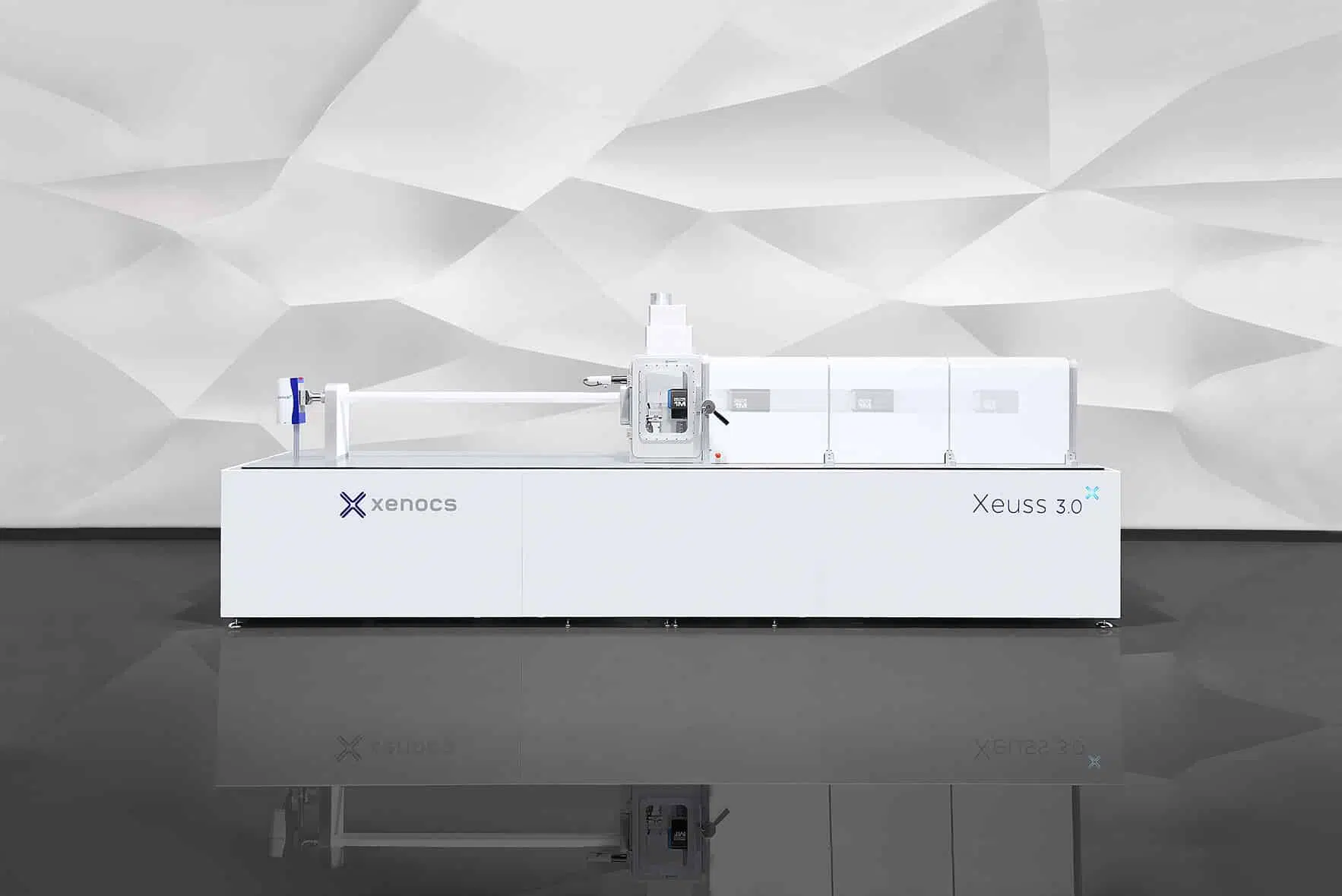Journal of Applied Crystallography, 2016, vol 49, 5, pp. 1693-1703
DOI:10.1107/S1600576716012115
Abstract
The formation of self-assembled structures is of great interest in the field of ferroelectric (FE)–ferromagnetic (FM) oxide interfaces with novel functionalities driven by the combination of strain relaxation and diffusion/segregation processes occurring during epitaxial growth of Mn-based heterostructures. In epitaxial bilayers and multilayers of La0.67Sr0.33MnO3 (LSMO)/BaTiO3 (BTO) on (001) SrTiO3, using the grazing-incidence small-angle X-ray scattering technique, self-assembled in-plane structural ordering with a repeated sequence of the bilayers has been found. This ordering has important magnetic consequences, as the materials show characteristics of a superparamagnetic type of behavior even with an increased number of bilayers. Transmission electron microscopy images reveal strain due to lattice mismatch between BTO and LSMO. This strain is greatly enhanced with the number of BTO and LSMO repetitions in a multilayer as an interdiffused columnar structure is formed. Electron energy loss spectra indicate a variation in oxygen environment from one monolayer to another within one LSMO layer. Reflectivity measurements with polarized neutrons prove that the LSMO layers are grown with sufficient periodicity but have a strongly reduced magnetic moment. This reduction is plausibly associated with interfacial strain and varying oxygen deficiencies within the layers or symmetry breaking effects which can turn the LSMO layer almost antiferromagnetic.


































